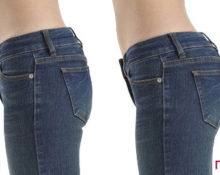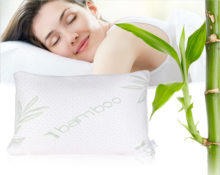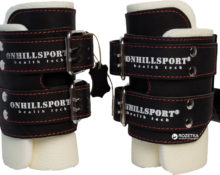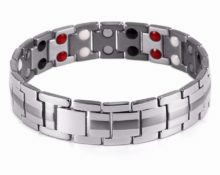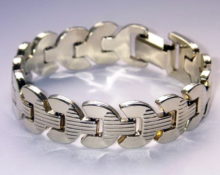Organic (100%) clothing is becoming increasingly popular every year. Even design houses, once famous for furs and leather, are trying to join the environmental movement. Let’s try to figure out which eco-brands are true and which are marketing gimmicks.
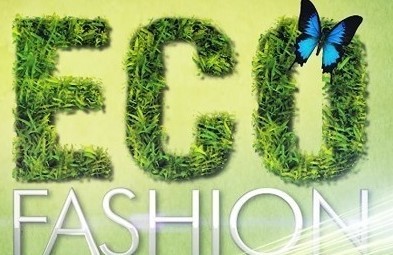
What is eco fashion
We are born in an era of over-consumption, when you can buy a penny dress and then throw it away after the first wear. A cheap thing, most likely, consists almost entirely of polyester, nylon and similar fabrics, which in fact are a type of plastic. And this material takes longer to decompose than the average human lifespan.
Each disposable dress that takes a long time to rot is a small drop in a giant wave of a natural disaster. Manufacturers and consumers who are aware of this are trying to correct the situation with the help of eco-fashion.
Reference. Sustainable fashion is the trend of wearing items made from recycled or sustainable materials that come from nature. For example, from cotton, flax, nettle.
And manufacturers' refusal to use animal skins.
Eco-brands that have become a trend
If Armani only offers eco-products in limited quantities and continues to use technologies in the manufacture of things that harm people or the planet, then some domestic and foreign brands actually work exclusively according to eco-style doctrines. The tenacity of their beliefs became the basis for their worldwide popularity.
Famous foreign eco-brands
Annie & Jade
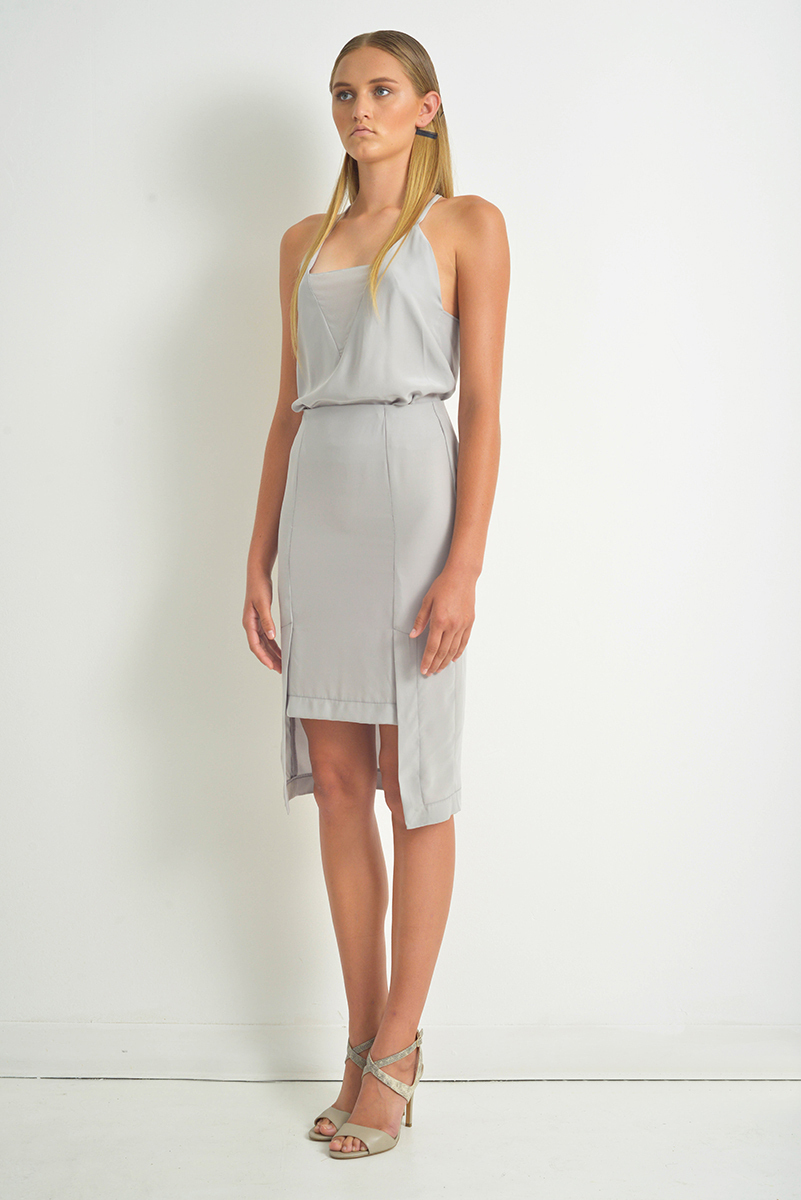
Designer Anna Lee produces creations under the brand. Young woman offers stylish clothing made from hemp, soy, wool, cotton, linen. He calls his direction eco-chic.
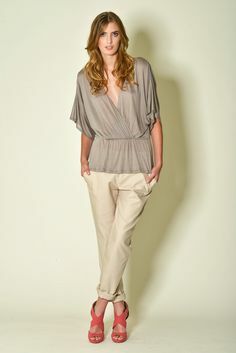
Angel Chang
The brand took on the responsibility of the residents of one tiny Chinese province, the terrain of which is ideal for growing crops. And thus provided himself with fabrics woven by hand from the highest quality raw materials.
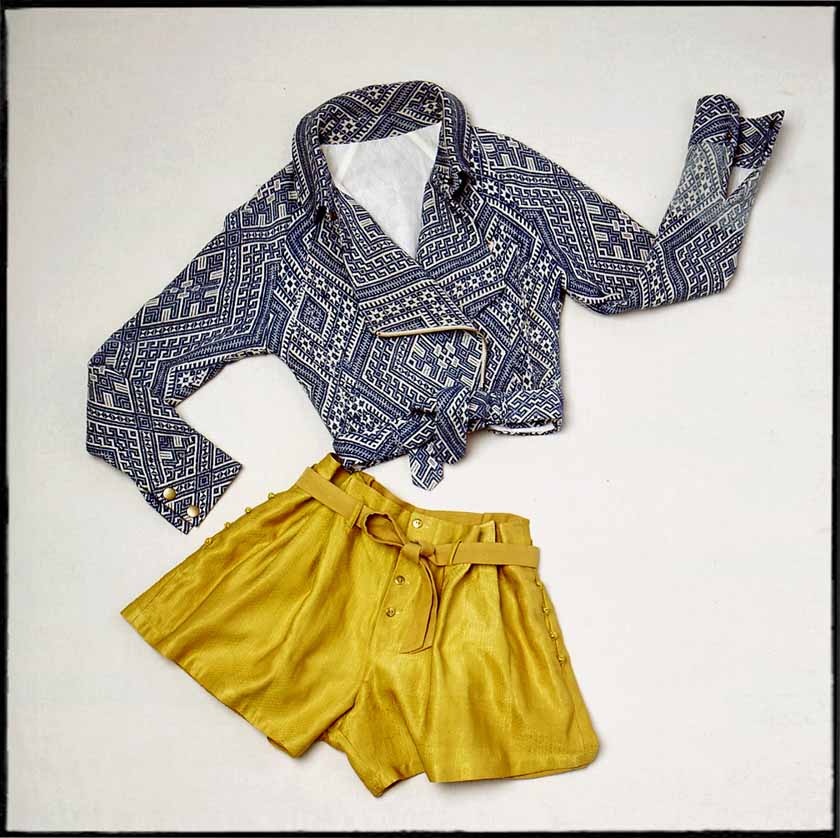
The materials from which the items are made are truly incredible. However, their price is not small: from $1000 and above.
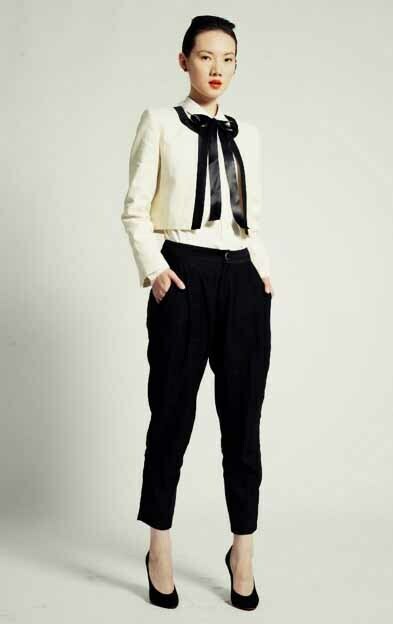
Amour Vert
Brand designers follow the principles of waste-free production, but add an element of style to their work.
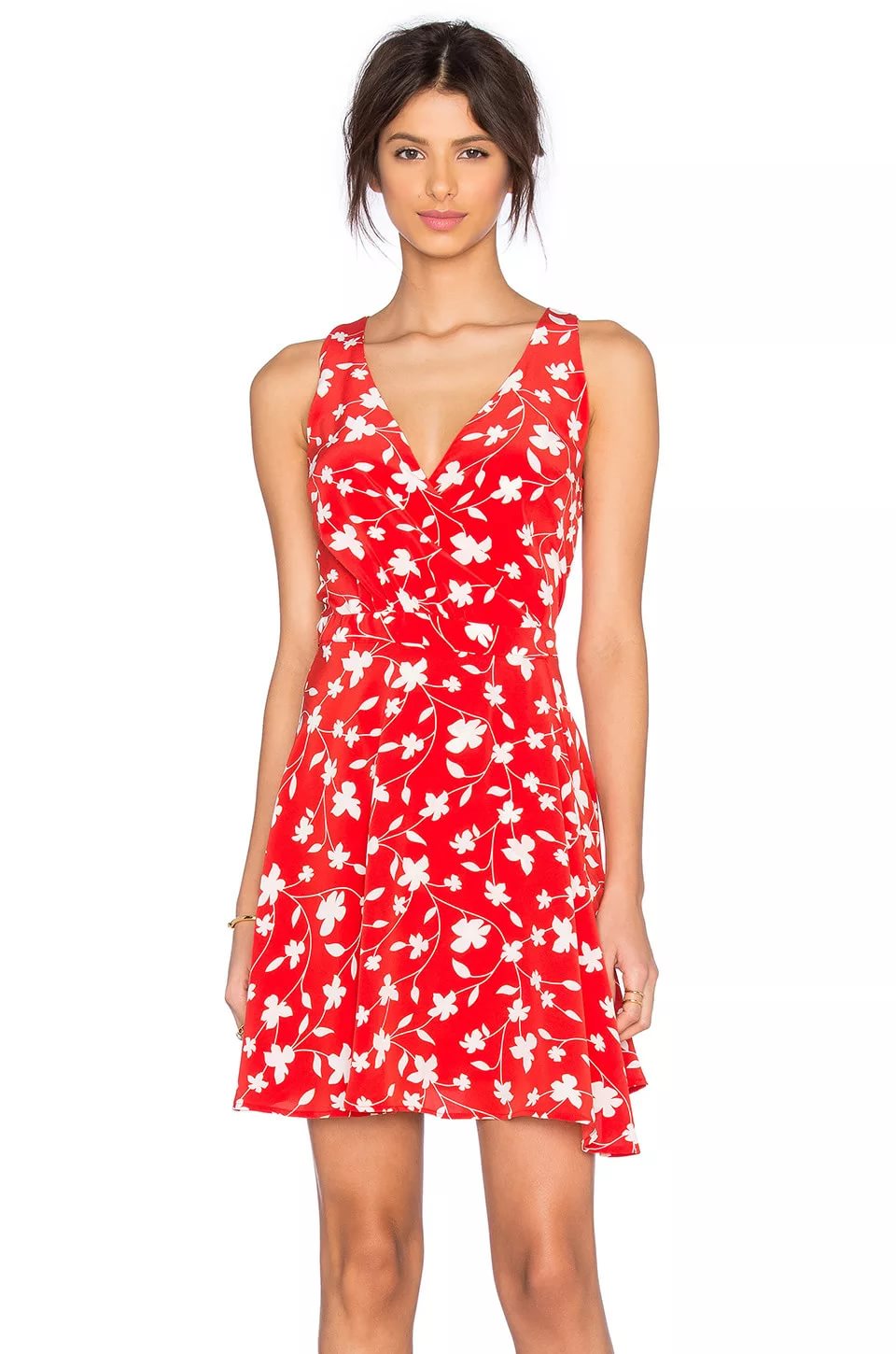
The brand has items made from materials with a low content of coloring pigments, wardrobe items in the “French chic” style, as well as T-shirts, sundresses and other items for everyday wear.
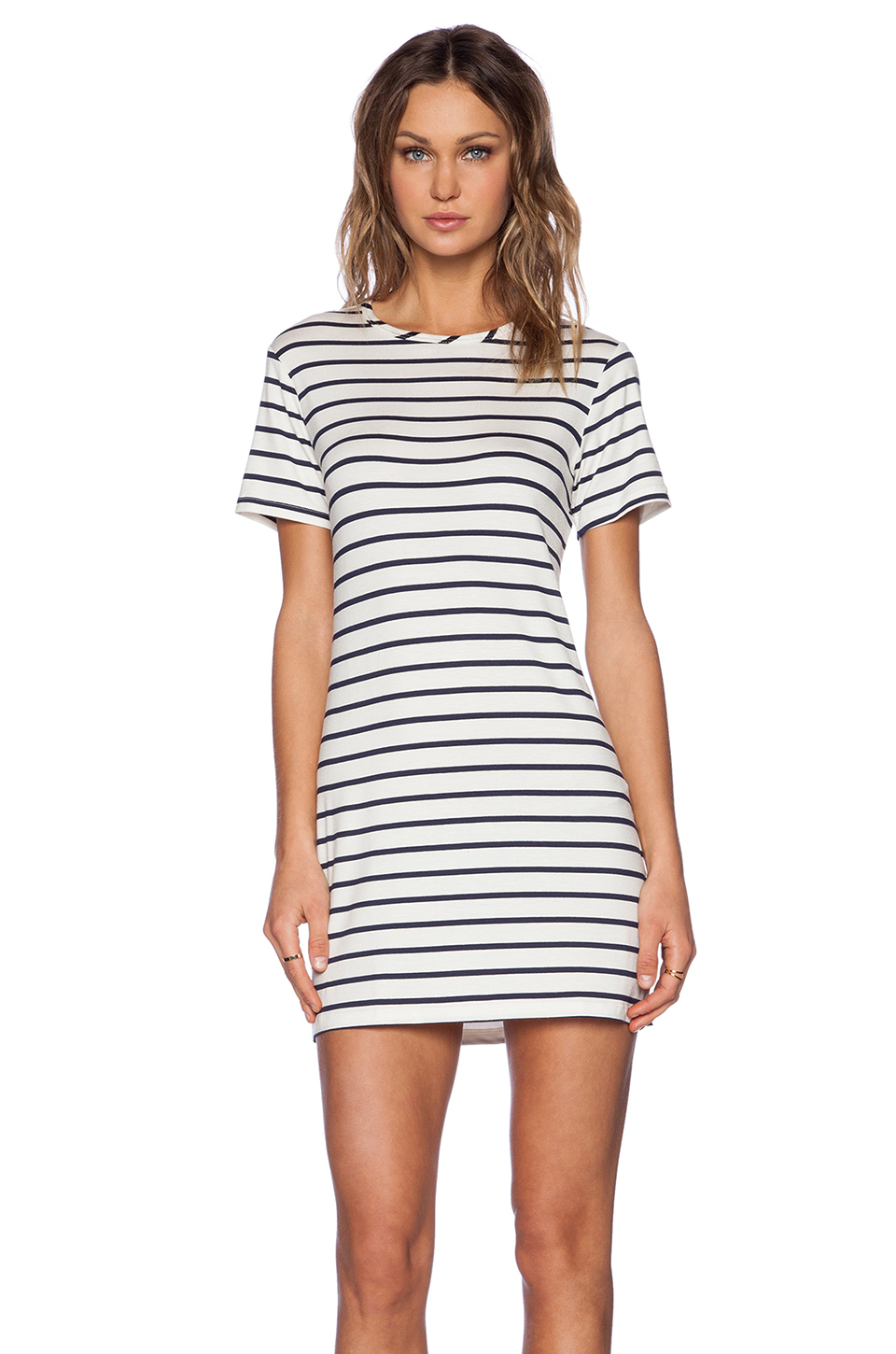
Important! Amour Vert regularly transfers a significant share of its revenue to the maintenance of forests.
ETWAS Bags
The main dogma of a brand specializing in the production of accessories: you need to take into account not only the essence of what is being produced, but also what how the production of these goods affected the world around us.
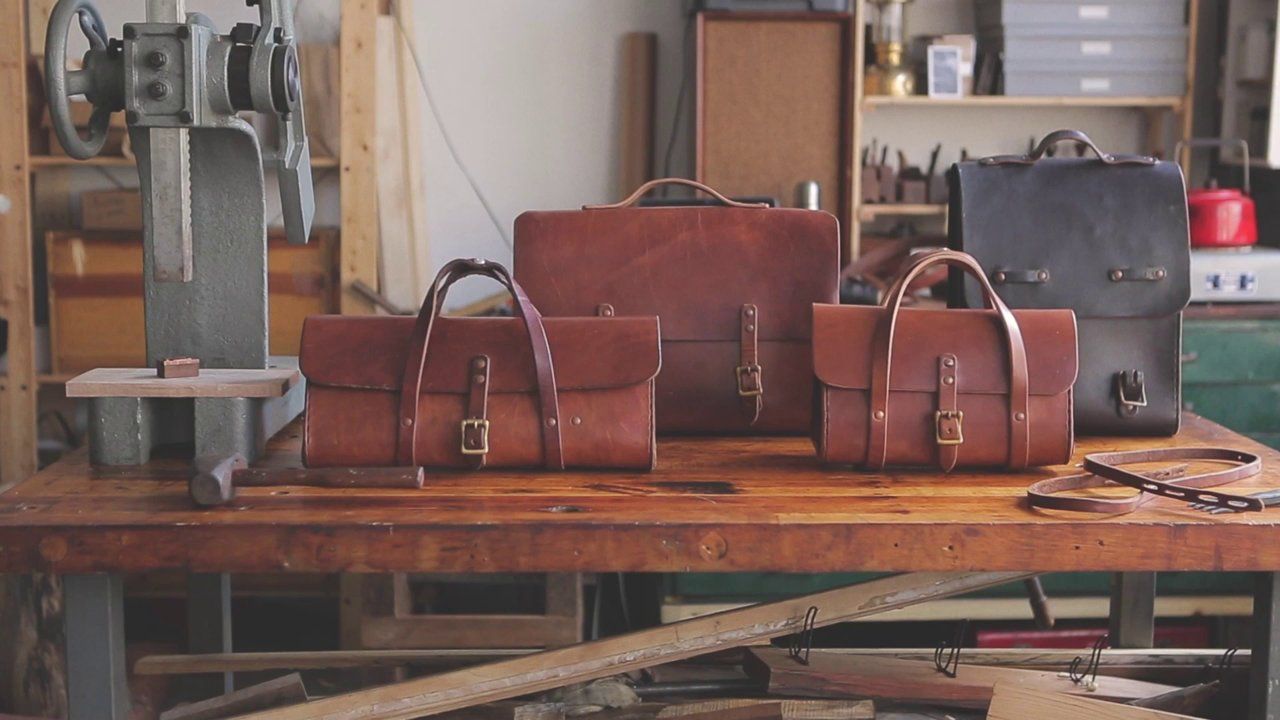
The brand reinforces its position by refusing to manufacture things on an industrial scale. Instead of factories and factories, ETWAS Bags has a staff of master designers. They handcraft each product themselves in their own home.
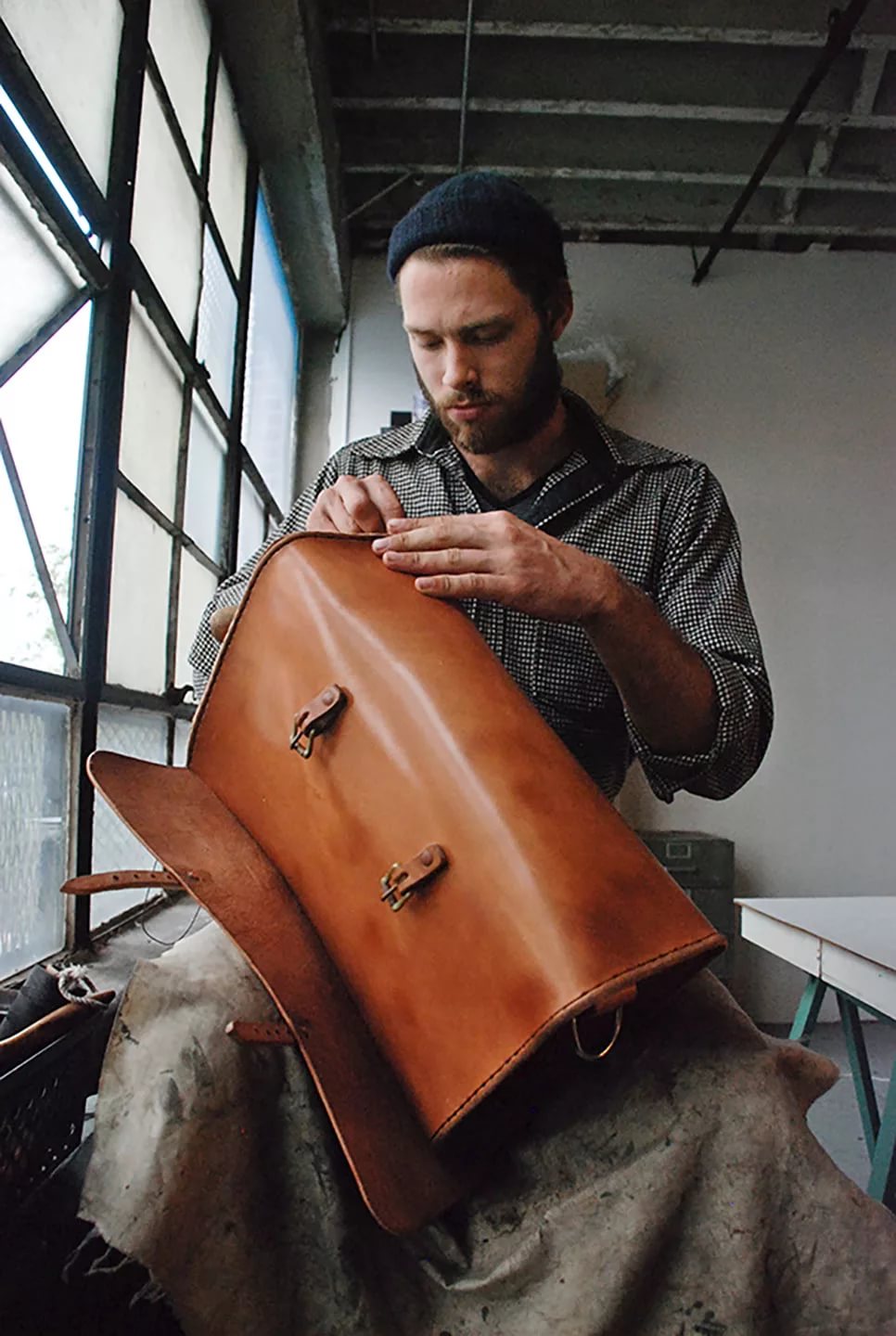
MINK Shoes
Italian “vegan” brand that produces shoes made of cork, wood, organic textiles.
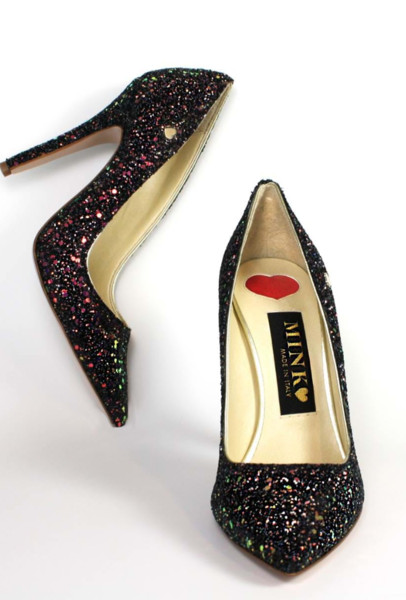
In addition to comfortable models, the product line also includes high-heeled shoes worthy of the best red carpets. Celebrities love this brand.
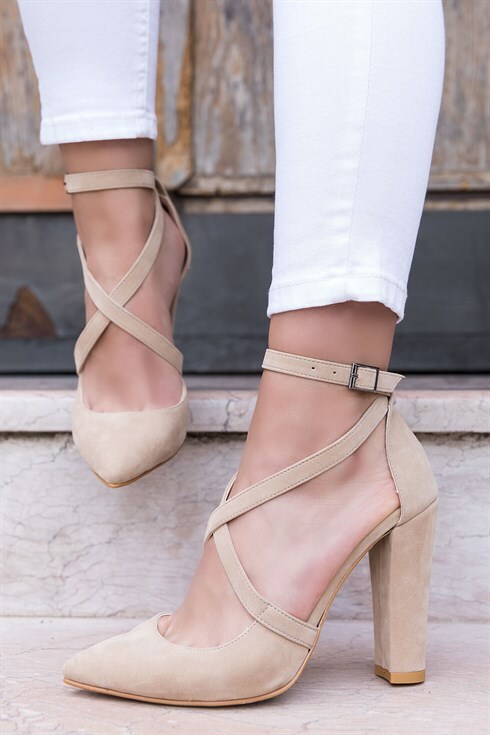
People Tree
Company does not tolerate synthetics and caustic coloring pigments. The focus is on recycled materials.
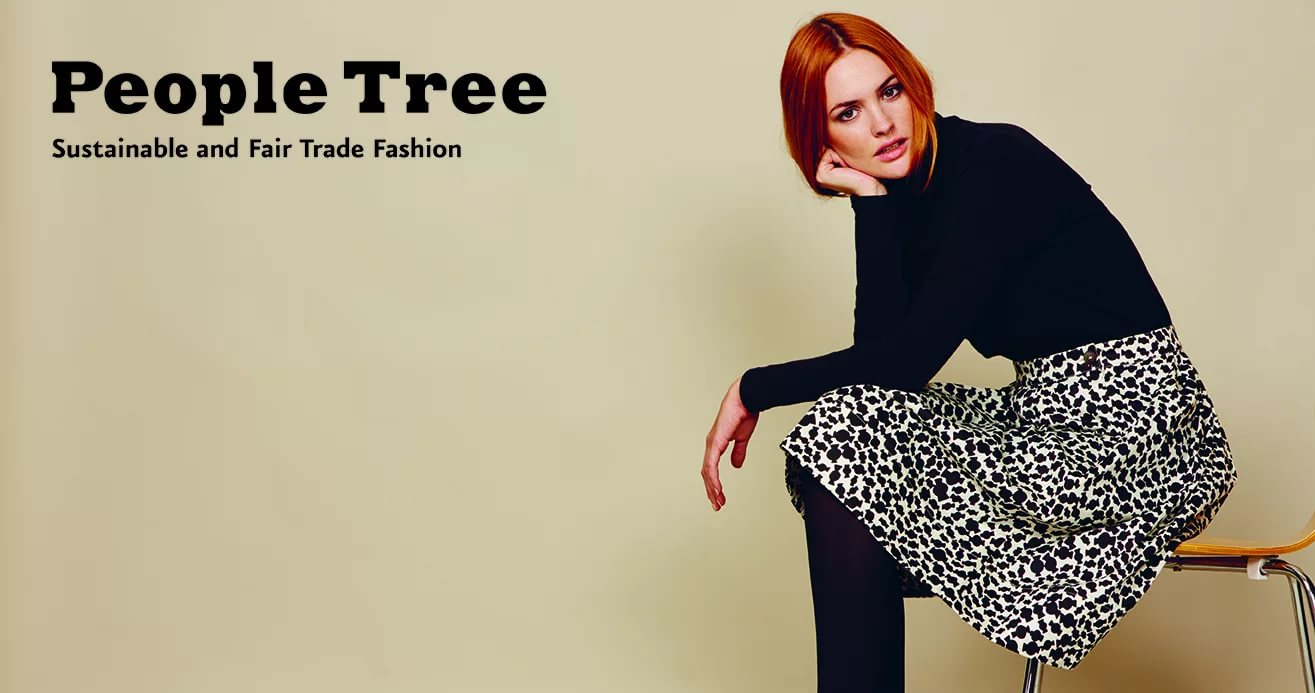
Moreover, the head of the brand is the founder of the Fair Trade movement. In other words, people working for this company are not infringed on their rights. Moreover, brand representatives periodically travel to Third World countries for inspection. For example, Emma Watson once tried to improve the lives of disenfranchised people in Bangladesh.
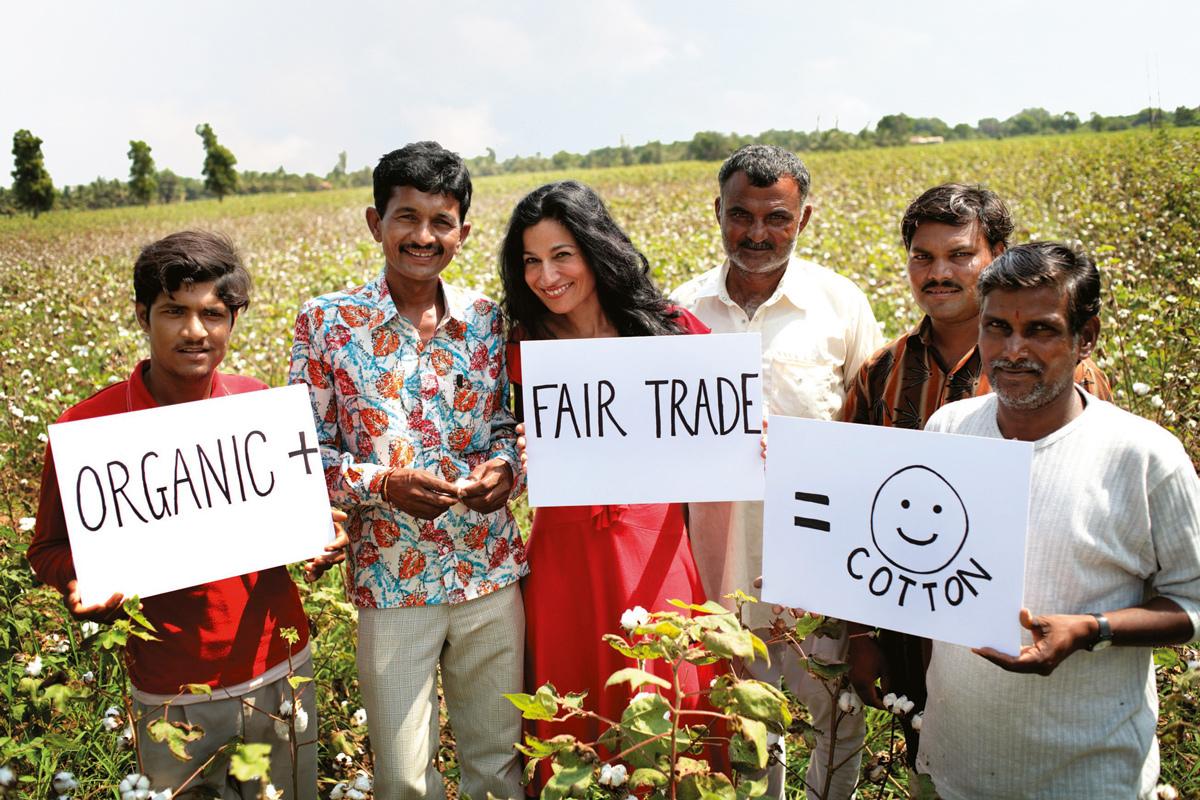
Deborah Lindquist Eco Fashion Brand
Ecocouture and ecoglamour. The collections are full luxurious cocktail and wedding dresses.
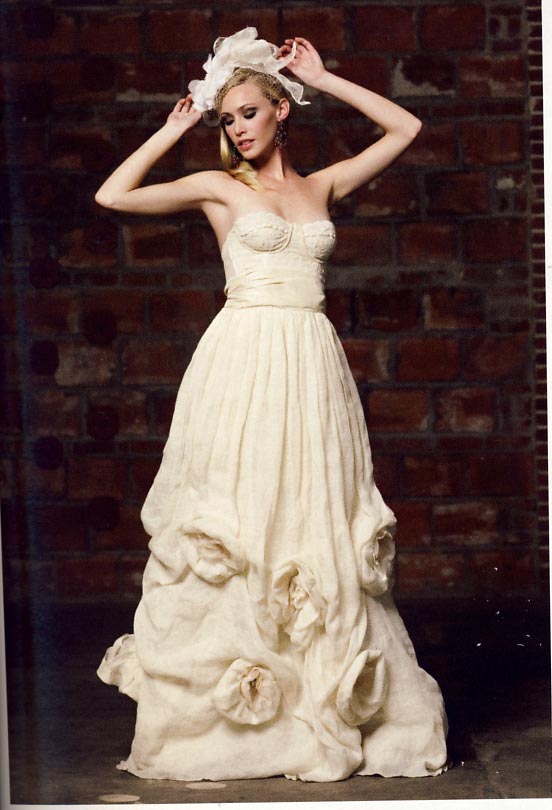
There is also a line for our smaller brothers. The items are made from sissel (SeaCell - cellulose with seaweed and silver ions), alpaca, organic wool, and hemp.
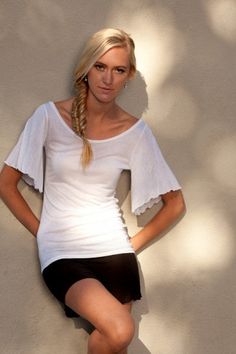
Katharine E Hamnett
An English brand known not only for ethical production, but also for its active fight against inhumane conditions on cotton and flax plantations.

Produced under the brand 100% safe clothing, jewelry and beach paraphernalia.
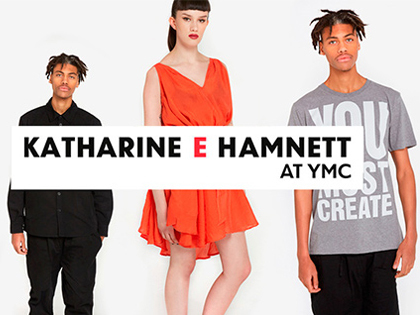
Domestic eco-brands
It is worth taking a closer look at the products of the following brands and fashion designers.
- Norsoyan. They are engaged in creating things using nanotechnology.
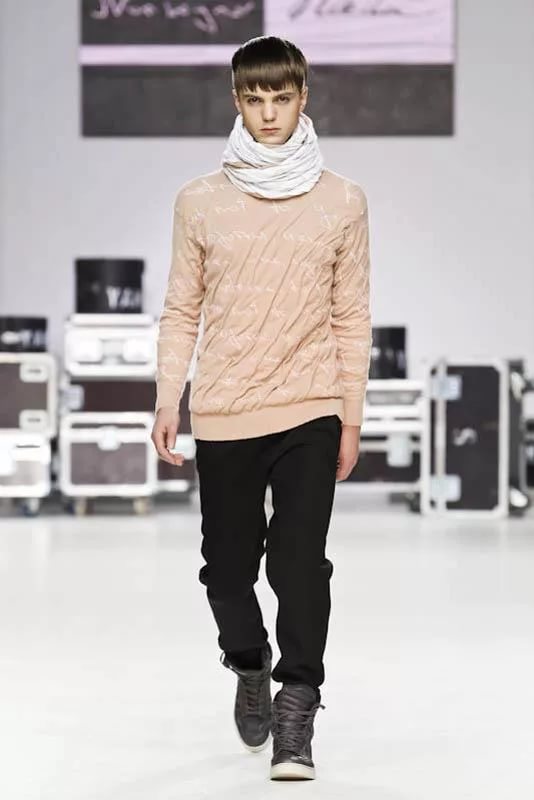
- Oleg Biryukov. He refuses natural fur and uses linen, cotton, wool—everything is organic.
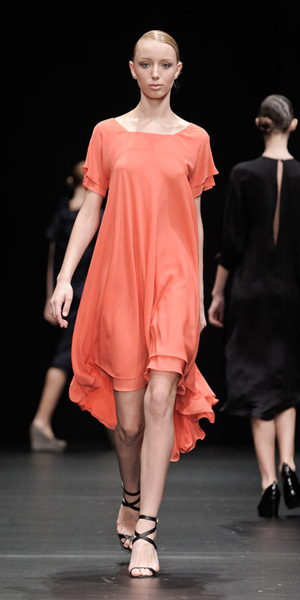
- Vika Gazinskaya. Creates a variety of models. She sews fur coats, but does not use fur.
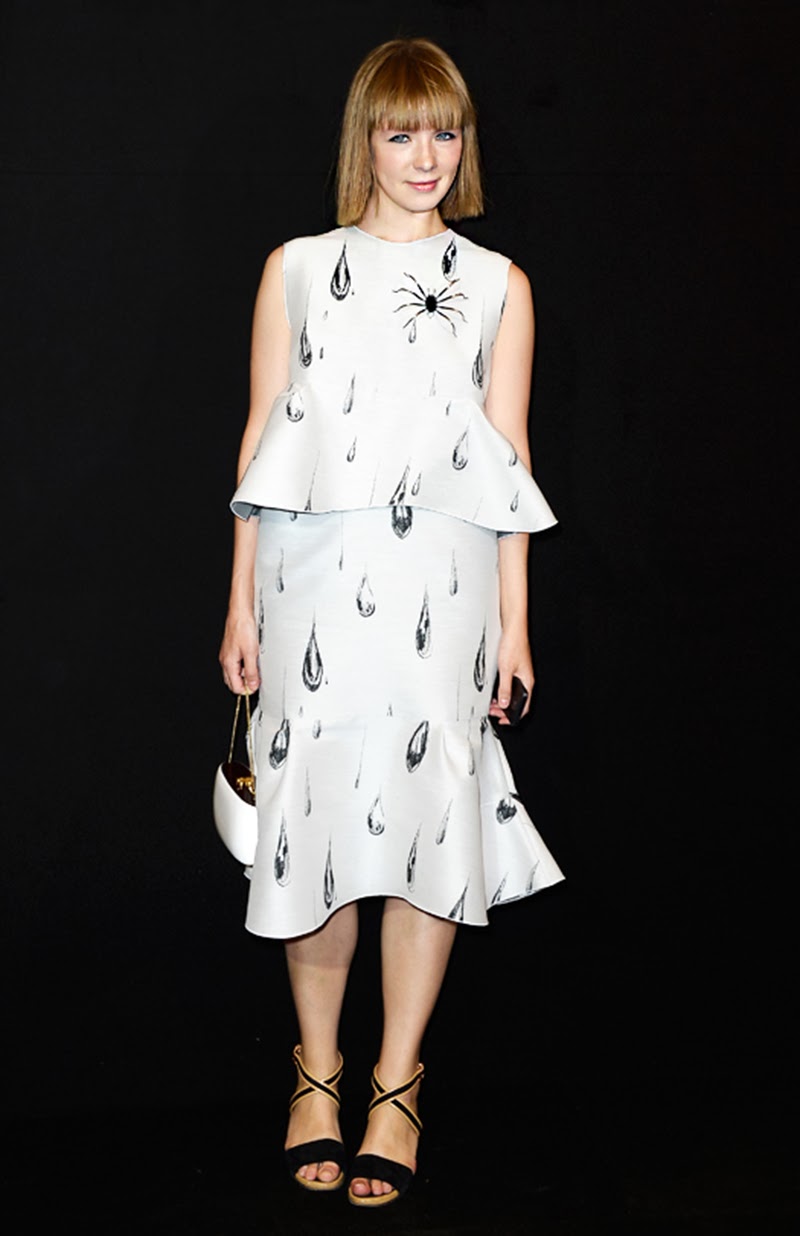
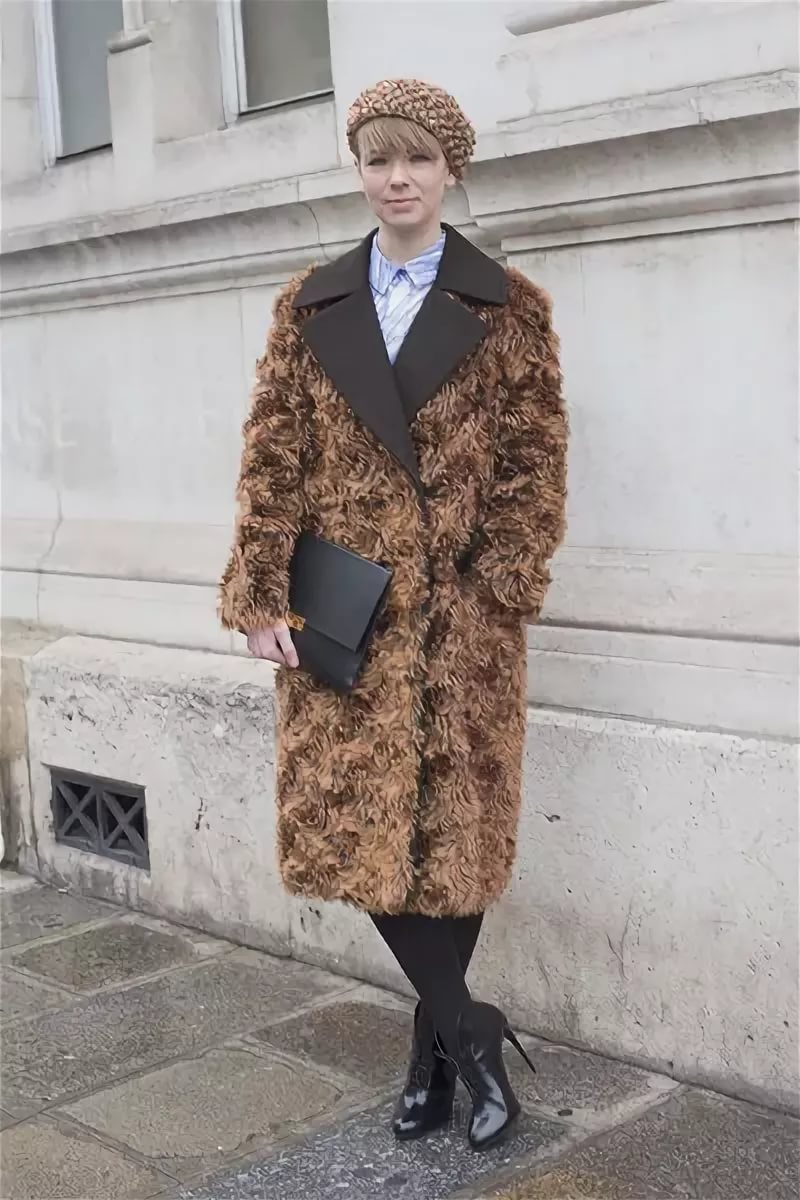
You don’t have to aim high to become a participant in the environmental movement. For example, the mass market brand TVOE developed and presented a plan to transfer production to an eco-platform. The project and research on it are actively funded.
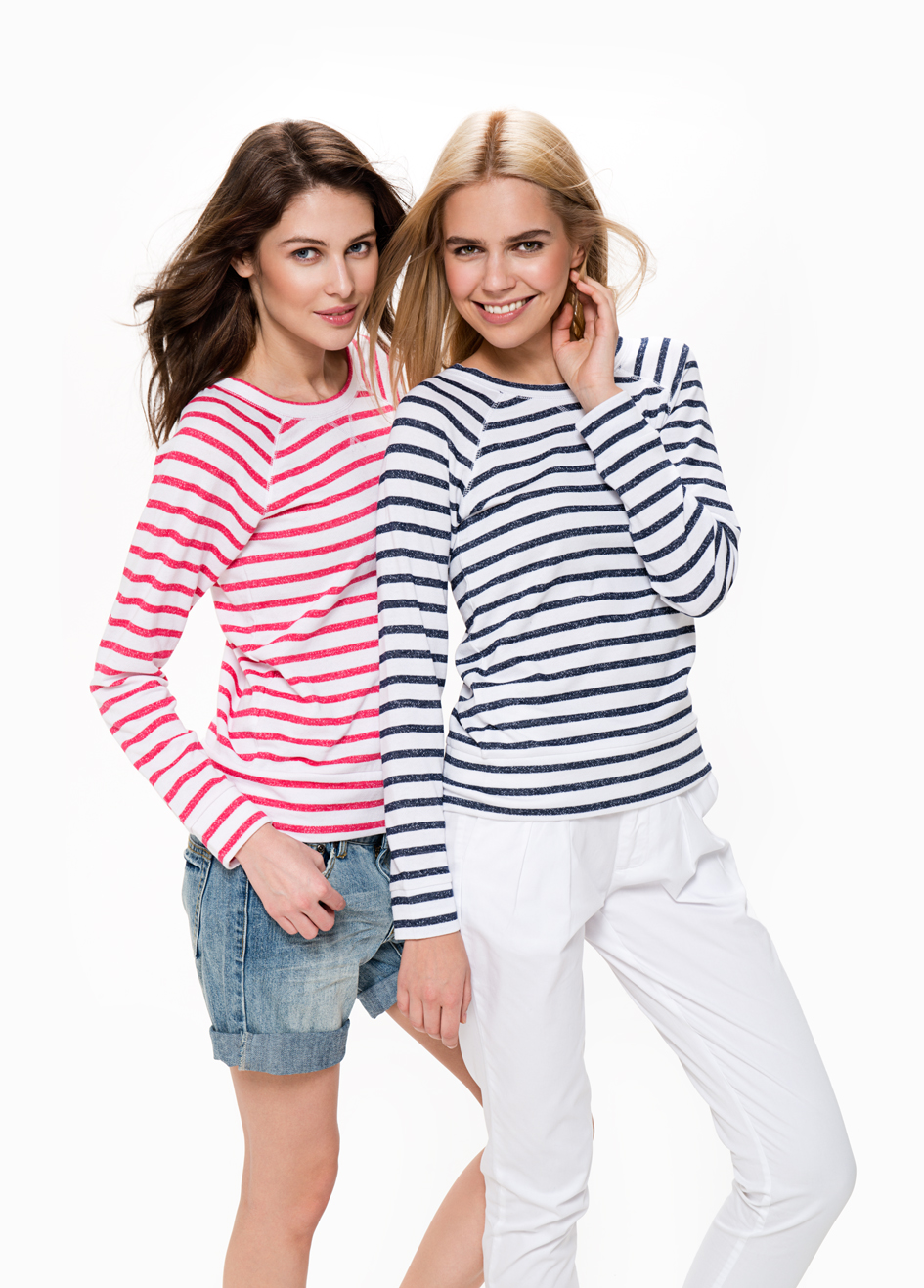
Reference. Already now in the brand’s stores you can find items made from 100% organic cotton and with a minimum amount of coloring pigments.
Eco-fashion: real benefits or advertising PR
It is necessary to distinguish between what was done for the sake of PR and what was achieved out of humane motives. This cannot be avoided, because both motives are simultaneously present on equal terms in every sphere.
Not all eco-brands are truly eco-friendly
Some brands shout about saving the Earth. At the same time, formaldehyde, as well as nitrates, chlorine bleaches, insecticides and pesticides are used in their cotton fields and processing factories to control pests and to preserve the properties of raw materials. Contact with them through the skin is dangerous even for a child in the womb, not to mention an ordinary person.
30% of the world's pesticides are spent on cotton fields. This is such a sad anti-record!
Important! Many chemical compounds used in field treatment remain forever in the tissue structure. Such clothes made of nettle, linen, and cotton are dangerous.
How to find a real eco-brand
But there is no need to be a pessimist. Not all eco-brands have achieved success due to the exploitation of labor and the poisoning of soil and crops with dangerous chemicals.
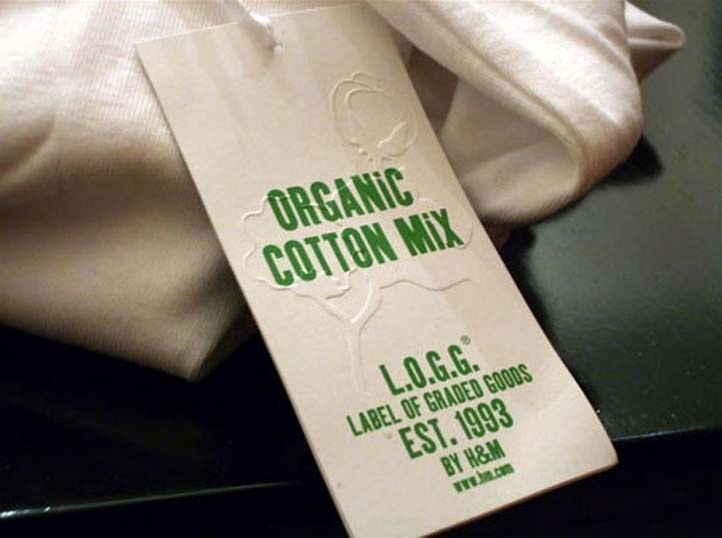
Finding a good eco-brand will not be difficult; they exist in sufficient quantities.Here are guidelines and recommendations that will allow you to do this.
Place of production
To find out where the clothes were made, look at the label.
Important! Products made in Bangladesh, Uzbekistan, Cambodia, India may be made from low-quality raw materials.
If specified other countries, then most likely the raw materials were collected in a country with strict environmental laws. For example, in the USA (there are a lot of cotton fields there). Hence, the thing is much safer one that is made from a crop whose fields were treated with caustic chemicals for the sake of quick profit.
Mode of production
We also look for it on the label.
Alert The following inscriptions must be written:
- Mercerisiert (raw materials treated with caustic soda solution);
- Buegelfrei (raw materials processed with resins containing formaldehyde);
- Stone-wasched (raw materials treated with chlorine).
Inscriptions that say the thing is safe:
- 100% organic cotton or 100% Leinen (the item is 100% made from organic, healthy cotton or linen);
- Organic cotton or Organic Leinen (energy-saving, harmless technologies were used when growing raw materials):
- Ohne Ausruestung (the item was not subjected to additional processing).
Compliance with the international standard for organic textiles
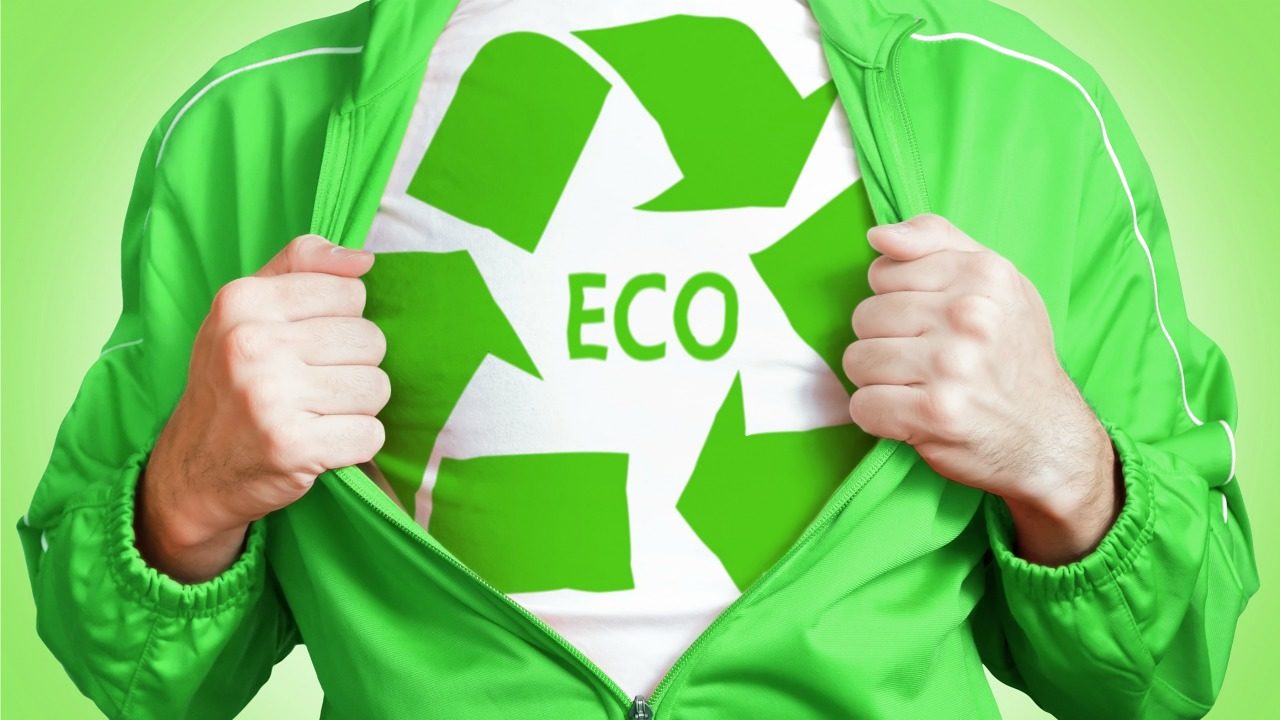
The list of factories and enterprises approved by the supervisory structure is made publicly available. You just need to set out to find a list of GOTS certified brands and determine whether the brand in question is represented there.
The marketing move goes hand in hand with a real desire to change the world for the better and minimize harm to nature.
Now you know how to find a real brand that is concerned about the future of humanity.


 1
1
